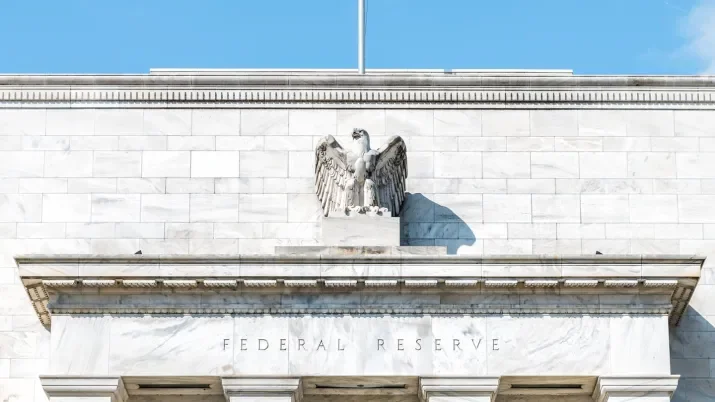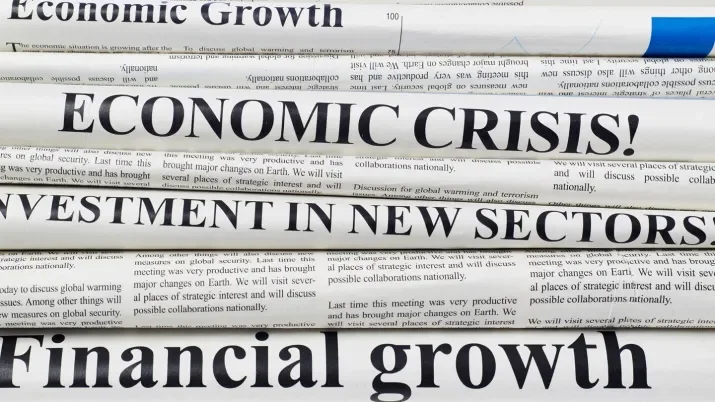Italy Disappoints
This morning we arrived to the news that the Italian government was preparing a budget that had a deficit of 2.4%. We knew that this was a risk with the 2 populist parties seeking to roll back pension reforms, create a minimum wage for the poorest in society, as well as committing to some pro-growth infrastructure projects. Several other Eurozone economies have run similar or much larger deficits, but when it comes to Italy, which already has the largest stock of Eurozone debt equating to an unhealthy debt to GDP ratio of just over 130%, markets are rightly less tolerant. Indeed, few will forget the pain of the third quarter in 2012 when Italy’s solvency was called into question.
While that is certainly not the case today, markets are rightly expecting some budgetary prudence before being willing to commit to financing this ongoing deficit. Without being political, we have some sympathies for Italy, and some fiscal expansion can definitely help the domestic economy (as witnessed so clearly in Spain and Portugal), but it must be measured and it must be targeted.
As an investor in short dated BTPs we could have tolerated a budget deficit above 2%, but it would have had to be temporary. The populists were insistent that they needed to fulfil their electoral promises this year; we thought this would be the case, but we also thought that they needed to be pragmatic in their approach. Their policies could never be fully implemented and keep them in power for a full term; something had to give. So when we read that the budget deficit was not only going to be 2.4%, but that this was going to be the target for 2019, 2020 and 2021, we felt that the policies were not consistent with either what the European Commission could agree to or the general market would tolerate, and maybe even what the electorate would tolerate as they witnessed the erosion of life savings and their taxation going towards paying higher interest on government debt.
Had the populist coalition derived a budget of 2% deficit in 2019, followed by a reduction below 2% for 2020 and a further reduction in 2021, they may have had a chance of appeasing the electorate as well as the markets. But they did not, and it is not unsurprising that the market is punishing them today. The long term investment case was always hard to prove with a populist government, but the shorter term one also disappeared today and we expect investors will be adjusting positions accordingly.



